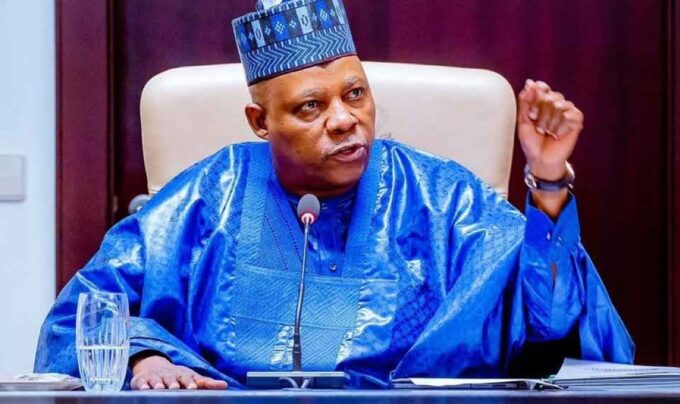The Federal Government on Wednesday imposed a seven-year ban on the creation of new federal tertiary institutions nationwide.
This was made known at today’s Federal Executive Council (FEC) meeting, presided over by Bola Tinubu, that the ban applies to universities, polytechnics, and colleges of education.
Minister of Education, Tunji Alausa, told State House correspondents after the meeting that the moratorium applies to all categories of federal tertiary institutions – universities, polytechnics, and colleges of education.
He stressed that the decision stems from a pressing need to shift focus from expanding access to consolidating quality.
Explaining further he said Nigeria’s education sector is grappling with the consequences of institutional duplication, which has strained infrastructure and depleted academic manpower.
He added that the Embargo applies to all federal universities, polytechnics, and colleges of education.
According to him the decision aims to address systemic decay caused by unregulated expansion.
”What we are witnessing today is duplication of new federal tertiary institutions, a significant reduction in the current capacity of each institution, and degradation of both physical infrastructure and manpower.”
“If we do not act decisively, it will lead to marked declines in educational quality and undermine the international respect that Nigerian graduates command.”
“We are doing this to further halt decays in tertiary institutions, which may in future affect the quality of education and consequently cause unemployment of graduates from some of these institutions.”
He noted that Nigeria currently has 72 federal universities, 108 state universities, and 159 private universities, with similar trends in polytechnics and colleges of education.
He pointed to a growing mismatch between the number of institutions and available student enrolment.
He gave example of northern university with fewer than 800 students but over 1,200 staff, calling it unsustainable.
He described the moratorium as a bold corrective measure by the Tinubu administration.
He said the government would now focus on upgrading existing institutions, improving infrastructure, boosting manpower, and increasing capacity.
“We need to improve the quality of our education system and increase the carrying capacity of our current institutions so that Nigerian graduates can maintain and enhance the respect they enjoy globally.”
He however, revealed that the council approved nine new private universities out of the 79 active requests pending applications.
”Several of these applications have been in the pipeline for over six years, with investors having already built campuses and invested billions of naira,” he explained.
“Due to inefficiencies within the NUC, approvals were delayed. We have since introduced reforms to streamline these processes, and today’s approvals are a result of clearing this backlog.”
Ggg
He detailed how the ministry undertook a rigorous review to deactivate over 350 inactive private university applications and revamped the guidelines to ensure greater efficiency and fairness.
“Today, 79 private university applications are active, and nine of these were approved this week,” he said.
“Moving forward, the moratorium also applies to new private universities, polytechnics, and colleges of education, ensuring no additional institutions are approved unless they comply with the new standards.”
Alausa stressed the necessity of the moratorium as a pragmatic step toward safeguarding Nigeria’s educational standards and sustainability.
“If we do not act now, the level of graduate unemployment will rise, and the capital index will be affected due to the growing number of graduates without sufficient life skills to contribute meaningfully to the economy,” he warned.
“This policy is vital if we want to maintain the global respect for Nigerian education and graduates.”













